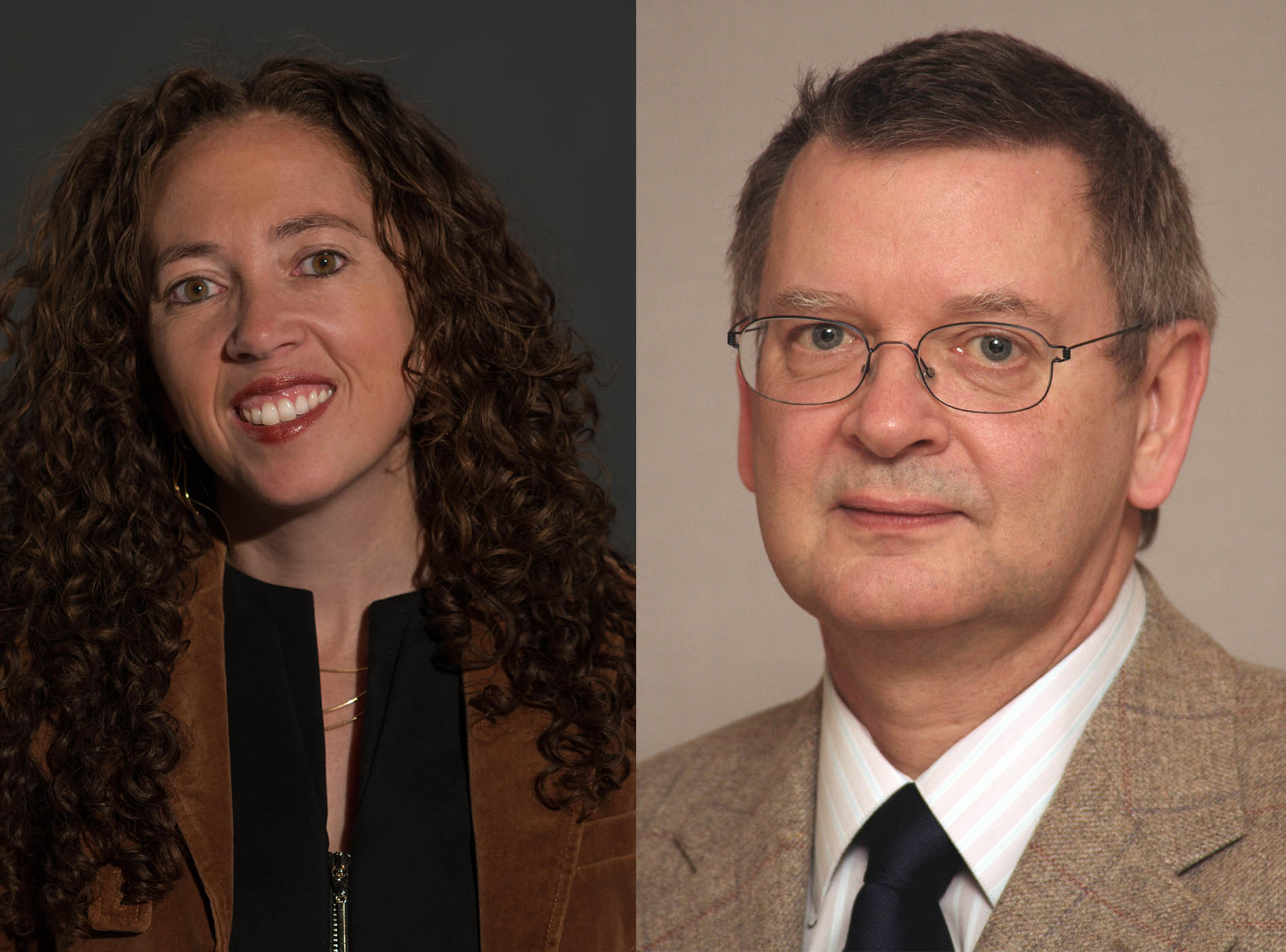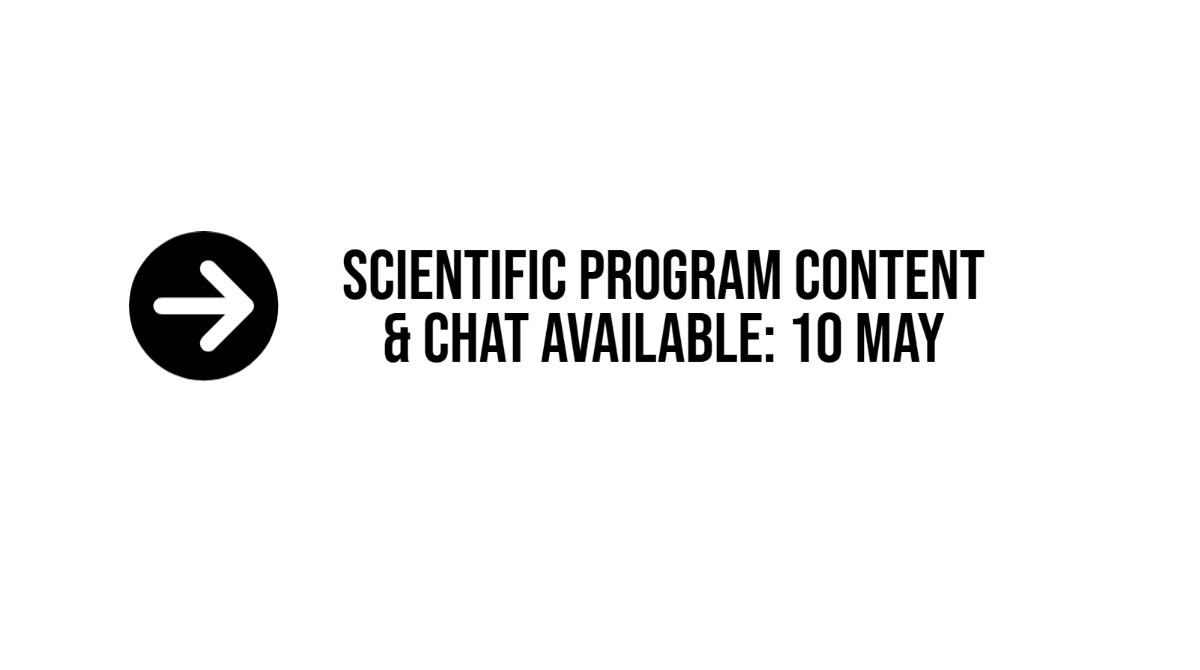52nd DDA Meeting
Overview
Meeting Schedules
Abstract Submission is Now Closed
Each presenter may contribute one abstract for an oral or poster presentation with a scheduled time for synchronous discussion. Talks will be pre-recorded. New this year, synchronous sessions will include 1-2 minute summaries by the presenters.
Each presenter may optionally contribute a second abstract for an “asynchronous” poster. All contributions will be discussed on Slack, where interactions were vibrant at last year’s meeting.
Registration
Registration will remain open until the close of the meeting (21 May 2021). Pre-recorded talks are available on the registrants-only meeting platform beginning May 10th. Registration rates are $45 for students (regardless of DDA membership), $130 for DDA members, and $175 for non-DDA members. If you need assistance please contact reg-help@aas.org.
Featured Speakers

Jacqueline Faherty: 2020 Vera Rubin Early Career Prize winner
Lennart Lindegren: 2020 Dirk Brouwer Career Award winner
Caption: The Sun as represented by a SOHO image is scaled up and seen from just outside the solar system. The 200pc Gaia DR2 sample of stars is brightened and then time is rapidly moved forward at 25,000 years per second. Credit: J. Faherty
Invited Speakers
- Meredith MacGregor: “Gaps and Wings and Eccentricities - ALMA Observations Reveal the Dynamics of Nearby Debris Disks”
- Carl Rodriguez: “Dynamical Formation of LIGO's Binary Black Hole Mergers”
- Jorge Moreno: “Dark Matter Free Galaxies in LCDM”
- Silvia Toonen: “The Evolution of Stellar Triples”
Special Sessions
In honor of the 2020 Rubin and Brouwer prize winners, the meeting will host two special science sessions highlighting dynamical results from Gaia: How Gaia Reveals the Galaxy’s Secrets: Results Local to the Sun and How Gaia Reveals the Galaxy’s Secrets: Results on the Galactic Scale. Contributed talks on any Gaia dynamics-related results are solicited for these sessions.
We are delighted to announce the following Invited Speakers in these special sessions. We are looking forward to an exciting discussion of dynamics inspired by Gaia!
- Ruth Angus: “Kinematic Ages for Cool Stars”
- J. Davy Kirkpatrick: “Using Gaia Astrometry to Anchor Parallaxes for Nearby Brown Dwarfs”
- Raquel Martinez: “Leveraging Large-Sky Surveys in the Gaia Era to Reveal the Nature of Wide Substellar Companions”
- Daniella Barddalez Gagliuffi: “System Architectures as Fossils of Brown Dwarf and Giant Planet Formation”
- Melinda Soares-Furtado: “Using Gaia to Search for Planetary Engulfment Sites”
- Wilma Trick: “The Galactic Bar's Outer Lindblad Resonance (OLR) in Gaia's Action-Angle Space”
- Catherine Zucker: “Probing the Structure and Dynamics of our Local Interstellar Medium with Gaia”
- Keith Hawkins: “Galactic Archaeology: Understanding our Milky Way through Chemodynamics”
- Adrian Price-Whelan: “Orbital Torus Imaging: Using Element Abundances to Map Orbits and Mass in the Milky Way”
- Tommaso Marchetti: “Searching for Unbound Stars in Gaia EDR3”
- Sukanya Chakrabarti: “Fundamental Galactic Parameters from Direct Acceleration Measurements”
- Elena D’Onghia: “Footprints of the Bar and Spiral-Arm Resonances in the Solar Neighborhood from Gaia-EDR3”
- Ana Bonaca: “Reconstruction of the Dark Matter Distribution in the Milky Way”
- Alis Deason: “The Galactic Halo in the Gaia Era”
- Rachael Beaton: “Gaia Parallaxes and the ExtraGalctic Distance Scale”
- Annie Robin: “A Fully Consistent Dynamical Model of the Milky Way Facing Gaia Data”
The meeting will also host two special Diversity, Equity, and Inclusion (DEI) sessions:
- We are delighted to announce that DEI expert Sherard Robbins of Visceral Change will be giving a presentation and then leading a workshop designed to identify DEI priorities of the DDA membership for action in the coming year.
- A call for contributed talks or posters on Strategies to make graduate programs more inclusive: admissions, bridge programs, and the graduate school experience. Each participant may contribute an abstract for this session in addition to the allowed science abstracts. We emphasize that presenters in this category need not consider themselves experts in this area and short presentations designed to spark discussion are encouraged.
In addition to the scientific program, the meeting will include several mentoring, networking, and social events. We ask that you sign up for the mentoring and networking events before Monday, 17 May. Check for details on the meeting Slack space.
We hope that you join us, and we look forward to learning about your recent dynamical results!
Scientific Organizing Committee
Ruth Murray-Clay (Chair)
Smadar Naoz
Juliette Becker
Althea Moorhead
Kat Volk
Banner image: The Earth as seen from several thousands of miles away with the ESA Gaia DR2 radial velocity sample brightened. Stars are colored by their Gaia (G-Rp) color where redder sources are cooler than lighter sources. Credit: J. Faherty


